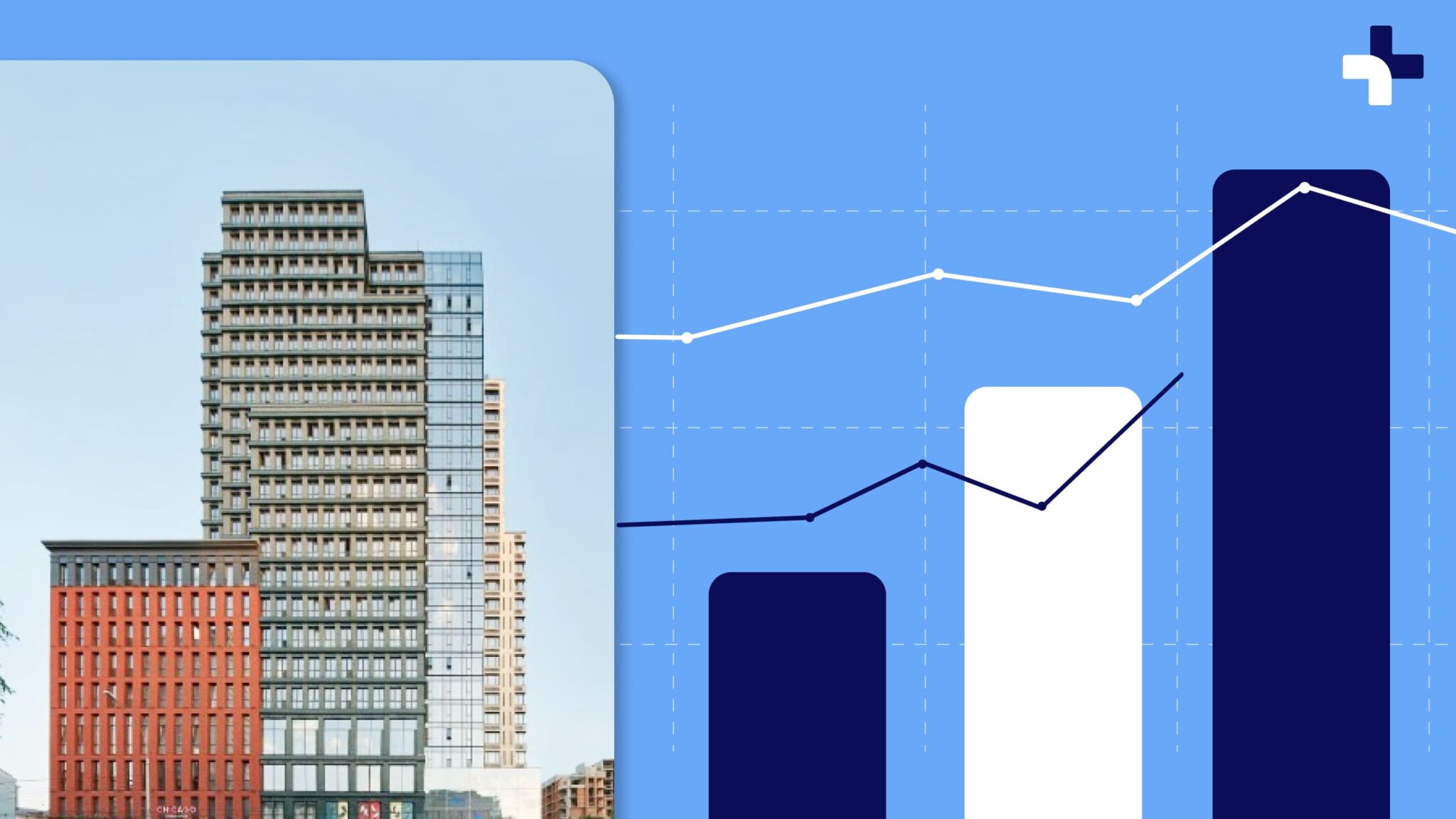
Price management in the residential real estate sector is becoming an increasingly important tool for development companies, especially in an unstable market. Last year, we conducted a comprehensive study of pricing practices among Ukrainian developers in partnership with RED and Lun. We are preparing to conduct an updated study to obtain fresh data and track changes in developers’ approaches.
According to the survey results, only 38.5% of companies have clear rules for calculating and approving new prices that they adhere to. This indicates significant potential for improving pricing processes.
Most respondents (57.7%) stated that the main triggers for property revaluation are cost updates, profit plans, and competitor analysis. Only 19.2% indicated that each sale or reservation prompts a revaluation. The frequency of revaluations varies: 38.5% of companies have no fixed periodicity, while 26.9% conduct revaluations 1-2 times a month. Meanwhile, 100% of respondents pay attention to or research pricing statistics and competitor dynamics in one way or another.
Comparing the studies conducted in April and October 2023, interesting trends in approaches to improving pricing processes are observed. The most noticeable is the growing interest in process automation and integration of specialized software. Over six months, the number of companies considering this a priority direction increased from 47.6% to 57.7%.
Certainly, over the same six months, respondents changed their opinion regarding clear rules and processes for calculating and approving prices to increase the efficiency of price management. While in April 2023, 47.6% of respondents considered this method applicable in their approach to price management, by October 2023, only 19.2% held this opinion. This may indicate a shift in focus from process formalization to automation and technological improvement, as well as reflect growing flexibility in pricing approaches, where rigid rules give way to more adaptive strategies.
An important aspect is that 96% of surveyed companies increased their prices compared to February 2022. The main reasons cited for price increases are increased costs (73.1%), increased building readiness (80.8%), and increased sales (46.2%).
To stimulate demand, companies use various tools: 57.7% apply direct discounts and increase the installment period. However, 44% of respondents noted that they practically did not apply discounts over the past three months.
An interesting analysis is the sensitivity of clients to price. According to respondents' estimates, a 10% price increase can lead to a 20% decrease in sales, while a 10% price decrease can increase sales by only 8%. This indicates an asymmetry in the price elasticity of demand.
Based on the conducted research, we can offer five key recommendations for effective price management:
Thus, effective price management becomes not just a tool for profit maximization but also a means of survival and development in challenging market conditions. Companies that can implement flexible and analytically sound approaches to pricing will have a significant competitive advantage in the residential real estate market.